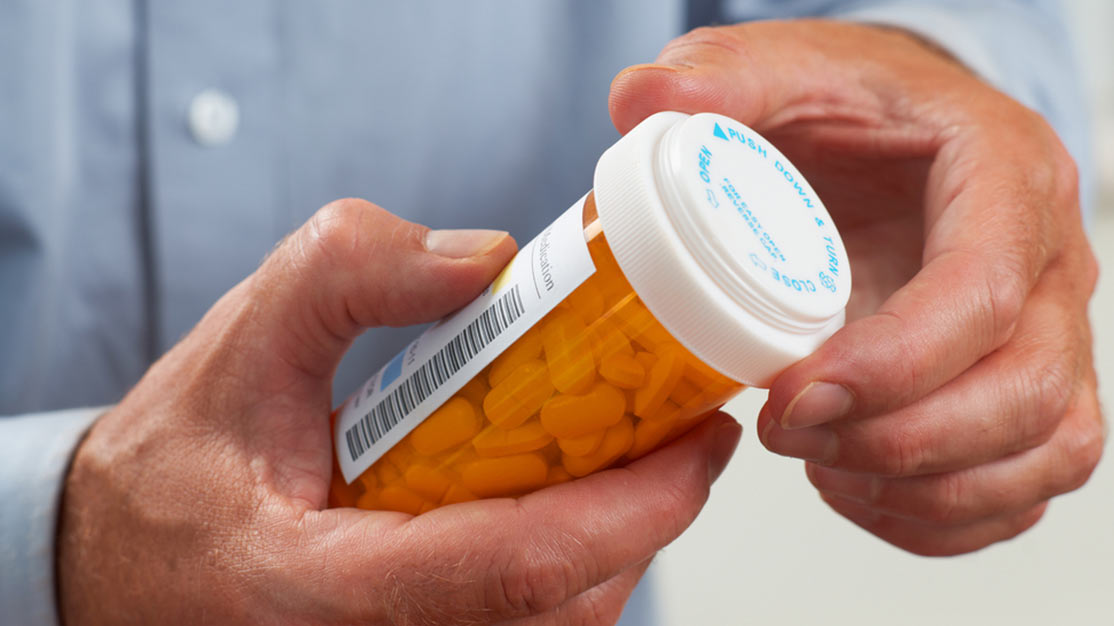


Results from the 2013 National Survey on Drug Use and Health: Mental Health Findings. Substance Abuse and Mental Health Services Administration.Lifetime Prevalence and Age-of-Onset Distributions of DSM-IV Disorders in the National Comorbidity Survey Replication.

Medication for anxiety and depression manual#
Diagnostic and Statistical Manual of Mental Disorders, Fifth Edition. In fact, research shows that quitting smoking can actually improve your mental health in the long run. Quitting smoking will not interfere with your mental health treatment or make your depression worse. If you notice that your mood is getting worse or if you have thoughts about hurting yourself‚ it is important to call your doctor right away. Antidepressants cannot solve all of your problems.Talk with your doctor if you are pregnant or might be pregnant, or if you are planning to become pregnant. Some antidepressants may cause risks during pregnancy.Work with your doctor to safely adjust how much you take. Stopping your medicine suddenly can cause symptoms or worsen depression. Don’t stop taking an antidepressant without first talking to your doctor.Side effects usually do not get in the way of daily life‚ and they often go away as your body adjusts to the medication. Antidepressants work well and are safe for most people‚ but it is still important to talk with your doctor if you have side effects. Some people start to feel better a few days after starting the medication‚ but it can take up to 4 weeks to feel the most benefit. When taking these medications‚ it is important to follow the instructions on how much to take.Also be aware of the following important information: Sometimes it takes several tries to find the best medication and the right dose for you, so be patient. Several antidepressant medications are available‚ so you and your doctor have options to choose from. If you are already using nicotine replacement therapy or another medication to help you quit smoking, be sure to let your doctor know. If your doctor writes you a prescription for an antidepressant‚ ask exactly how you should take the medication. Talk to your doctor about whether they are right for you. Many people with depression find that taking prescribed medications called antidepressants can help improve their mood and coping skills. Understanding why something bothers you and creating a plan to deal with it.Having better relationships with family and friends.Identifying things that worsen your depression.Quitting smoking and stopping drug and alcohol use.This is an important part of getting better.Some common goals of therapy include: Do not feel shy or embarrassed about talking openly and honestly about your feelings and concerns. In some cases‚ understanding your past can help‚ but finding ways to address what is happening in your life now can help you cope and prepare you for challenges in the future.With therapy, you’ll work with your therapist to learn skills to help you cope with life, change behaviors that are causing problems‚ and find solutions. 7, 8 Most therapy lasts for a short time and focuses on thoughts‚ feelings‚ and issues that are happening in your life now. Many people benefit from psychotherapy-also called therapy or counseling. This is especially important if your symptoms are getting worse or affecting your daily activities.
Medication for anxiety and depression professional#
If you think you are depressed‚ talk with your doctor or a mental health professional immediately. The following information is not intended to provide a medical diagnosis of major depression and cannot take the place of seeing a mental health professional.


 0 kommentar(er)
0 kommentar(er)
